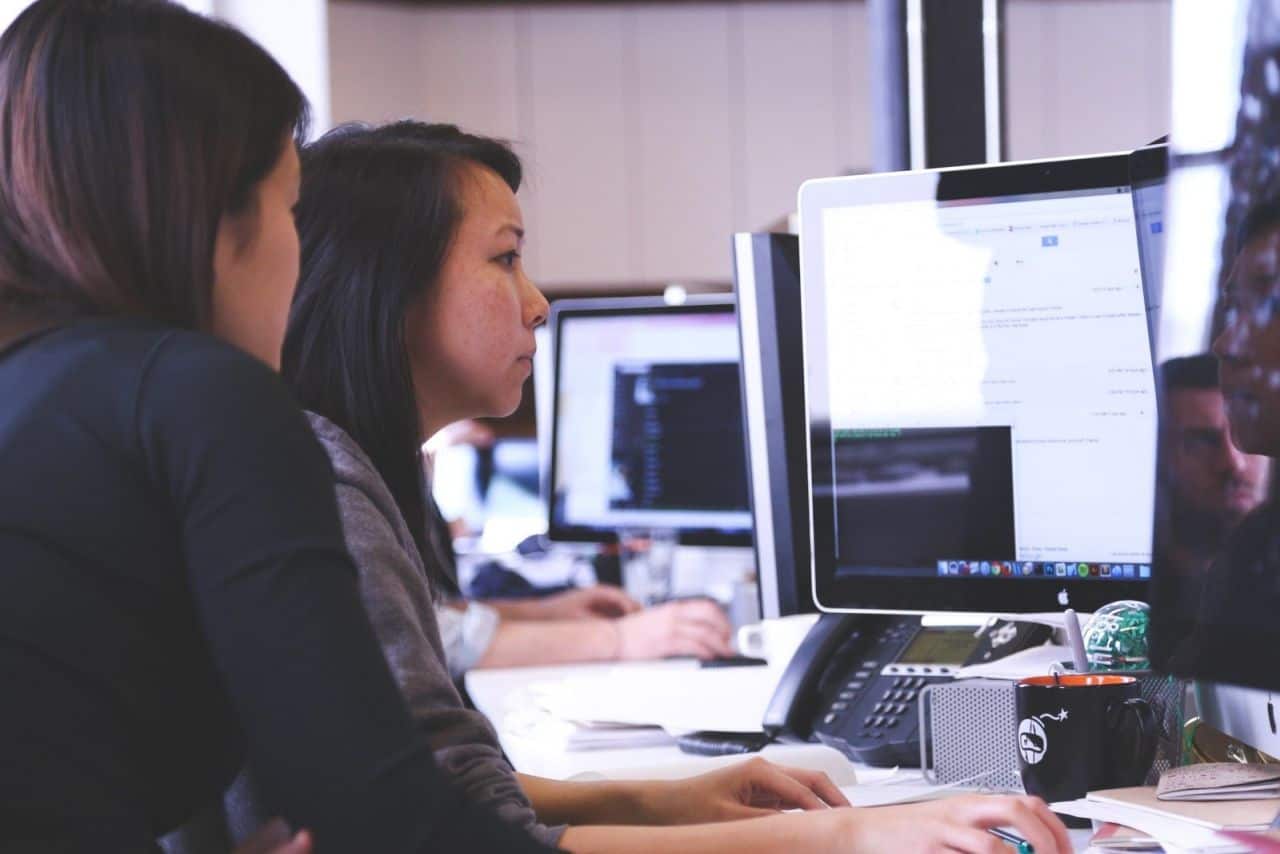If you have something to hide, it is not because you have done anything wrong. It is because you are a normal person with a complicated and awesome life. You might want to temporarily hide the fact that you bought your partner an extravagant gift for their birthday. That is a good thing, maybe even a great thing. You might want to conceal the fact that you had a medical procedure that is only between you and your doctor. More power to you.
If you are a human being over 6 months old and living on planet earth, you have a lot of things you need to keep private. It is more than a right. It is a responsibility. There is a good chance that your personal information is a gateway to someone else’s personal information. When you give out your home address, you are giving it out to everyone who lives there. If your credit is compromised, it affects your entire household. Here are a few more reasons why your privacy is paramount, and what you can do to protect it:
Medical Information
One of the few pieces of information the government seriously tries to protect is medical information. There have been HIPAA guidelines for ages. Running afoul of HIPAA compliance can land you in a lot of trouble if you happen to be in the medical profession. That liability is reason enough to have a HIPAA compliance checklist. This is one of those situations where you do not want to take any chances. Every “i” must be dotted and every “t” crossed.
There are a lot of things a third party can do with your medical information. And none of it is good for you. First, they can get more than enough information to steal your identity. The last thing you want is for an insurance company to know every little, unrelated thing about your health. You also wouldn’t want your boss to have more ammunition they can use to discriminate against you in an untraceable way. Tech companies are making progress with initiatives to help consumers securely store health information on their personal devices. It is not just the Mayo Clinic and iPhones.
Mobile Applications
When applications became apps, we stopped thinking of them as serious code with serious implications. They were more snackable, like appetizers. No one thinks of appetizers as serious food. This is one of the reasons mobile applications became so easy to exploit. What consumers need to understand is that many apps are nothing more than Trojan horses specifically designed to look like one thing while being something much more sinister.
No matter how carefully curated, every large App Store is teaming with scams. Many of those scams are designed to do things like log your keystrokes for when you enter passwords and usernames. This is precisely the reason why Apple resisted the call to allow third-party keyboards on their platform. Developers are looking for any chink in the armor they can exploit. And if you happen to be an iPhone user, you are far more valuable to them than a budget smartphone user. That means they are focusing even more effort to scam you than other users. Be very careful about the apps you use and trust with your personal information. Your platform of choice does not offer sufficient protection.
Location Data
Companies make a lot of money tracking and selling your location data. Unfortunately, most users don’t make it very hard to get. One of the worst things you can do is post photos from your vacation in real time. That lets everyone know you are not at home, and that you won’t be back for a while. Rather, save up those photos, edit and curate them, then post them when you get back. Keep your vacation plans secret until after you are safely home again.
You are not doing anything wrong just because you have things you want to keep private. Always keep your medical records, your application usage, and your location data on a need to know basis. Hint: almost no one ever needs to know.
